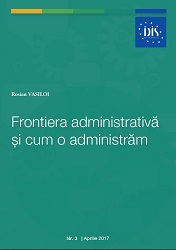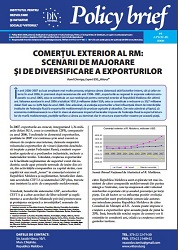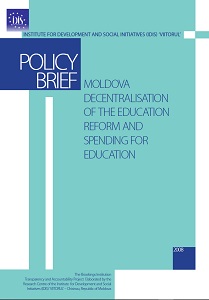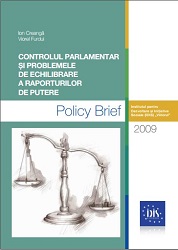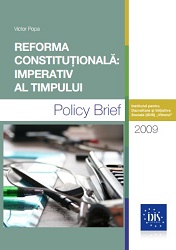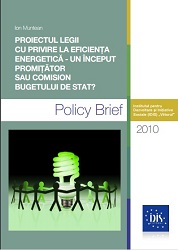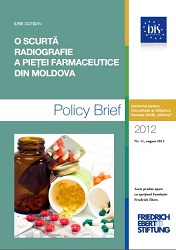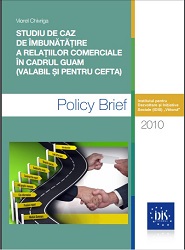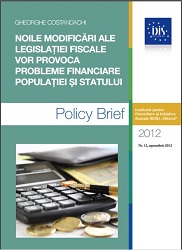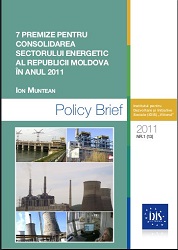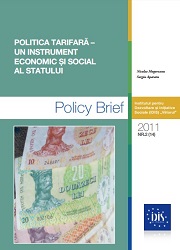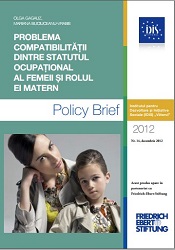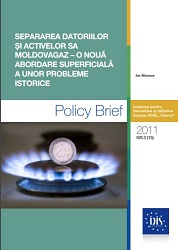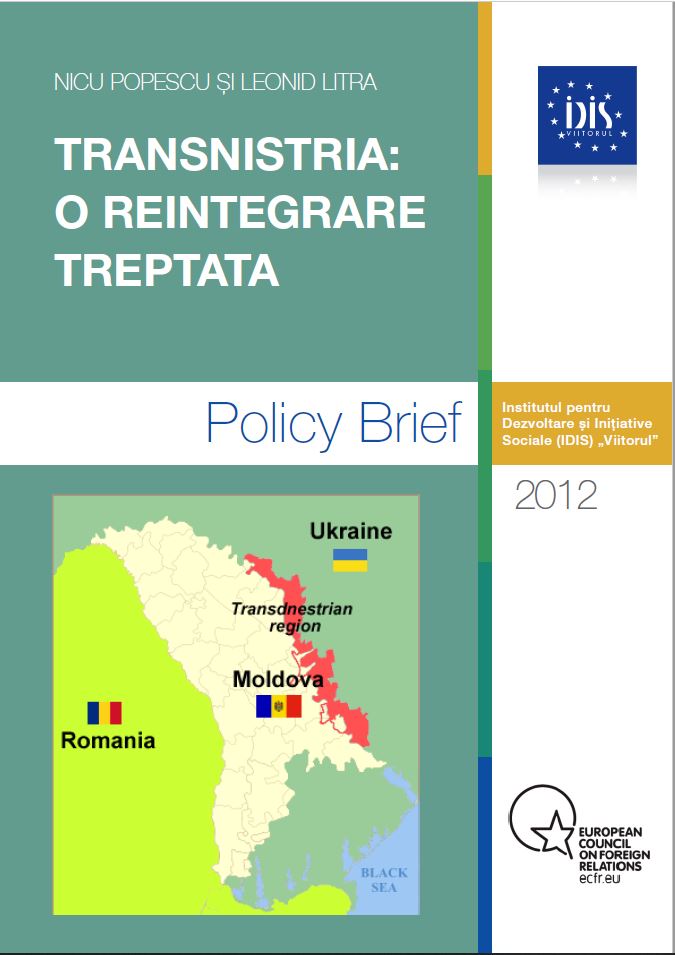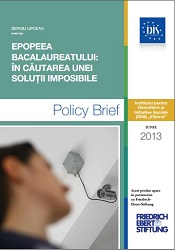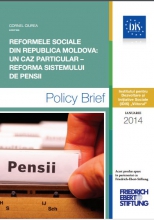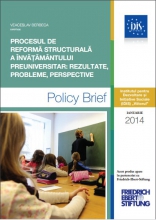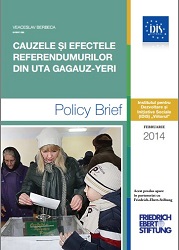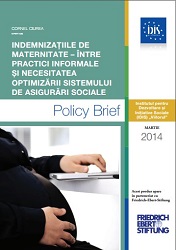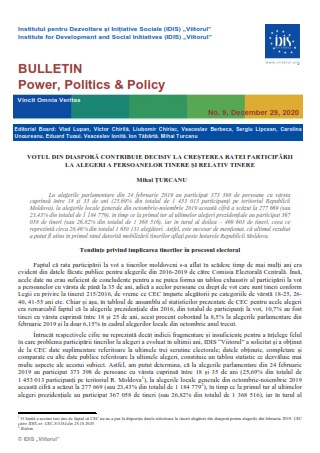Case Study on the Improvement of the Commercial Relations within GUAM (valid for CEFTA also)
Author(s): Viorel Chivriga / Language(s): English
Keywords: GUAM; GUUAM;
In 2002-2005, in Moldova have been approved a considerable number of normative acts to ex¬pand economic cooperation between Member States of GUAM. From these acts, particularly can be mentioned the Government’s Decision no.178, which specifies 99 activities of the public institutions related to the harmonization of the national legislation with the international standards, the expansion and development of institutional capacities of the Customs Department and Department of Border Guards, selection, training and raising staff qualifications of Customs Department and Department of Border Guards, improve the forms of incentives, implementing anti-corruption policy, combating terrorism, cross-border crime, smuggling, violations of customs rules and illegal migration, border protection of intel¬lectual property, harmonization of procedures related to border guards and customs control and customs clearance procedures, with international standards, implementation of information systems, technologies and communications, ensuring mutual compatibility of transit systems, development of infrastructure and equipment with technical means of control, public relations.Evaluation of the Project on the facilitate trade and transport within GUUAM was to be made later, with the participation of donors financing the implementation of the project.Enforcement measures that require external financing would start from the time of the respective financing.In 2002-2005, in Moldova have been approved a considerable number of normative acts to ex¬pand economic cooperation between Member States of GUAM. From these acts, particularly can be mentioned the Government’s Decision no.178, which specifies 99 activities of the public institutions related to the harmonization of the national legislation with the international standards, the expansion and development of institutional capacities of the Customs Department and Department of Border Guards, selection, training and raising staff qualifications of Customs Department and Department of Border Guards, improve the forms of incentives, implementing anti-corruption policy, combating terrorism, cross-border crime, smuggling, violations of customs rules and illegal migration, border protection of intel¬lectual property, harmonization of procedures related to border guards and customs control and customs clearance procedures, with international standards, implementation of information systems, technologies and communications, ensuring mutual compatibility of transit systems, development of infrastructure and equipment with technical means of control, public relations.Evaluation of the Project on the facilitate trade and transport within GUUAM (Georgia, Ukraine, Uzbekistan, Azerbaijan, Moldova)was to be made later, with the participation of donors financing the implementation of the project.Enforcement measures that require external financing would start from the time of the respective financing.
More...
